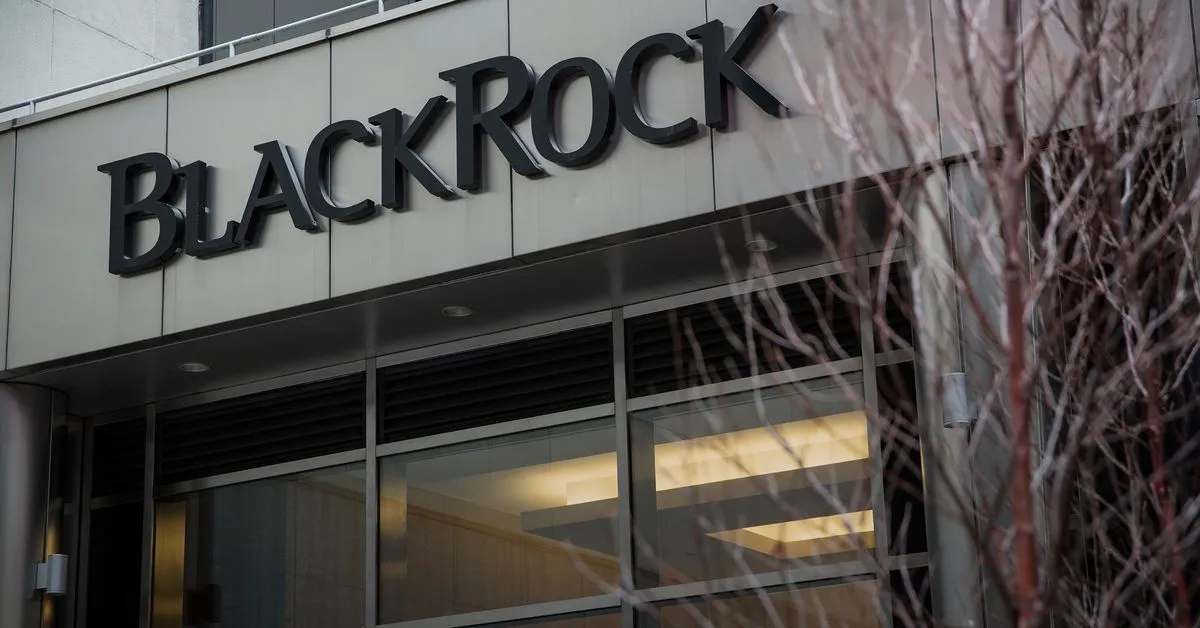The crypto industry has been waiting for a spot Bitcoin exchange-traded fund (ETF) for over a decade, and the recent filing from financial giant BlackRock has sparked hope that the Securities and Exchange Commission (SEC) will finally approve the long-awaited product. In July 2013, Cameron and Tyler Winklevoss filed to launch the first Bitcoin ETF, and the industry is still waiting. If approved, a Bitcoin ETF would allow retail investors in the U.S. to gain exposure to Bitcoin as an asset without having to go through the trouble of setting up a wallet or dealing with crypto exchanges. Furthermore, sophisticated investors like multimillion-dollar family offices would be able to invest in a regulated Bitcoin product.
The SEC has brought up surveillance-sharing agreements in the past, and Coinbase is the marketplace for all of the major would-be ETF issuers that have identified a partner so far. The SEC has even acknowledged Coinbase’s role in the U.S., saying it is one of the largest crypto asset trading platforms in the world and the largest in the United States in its lawsuit against the exchange. The open question is whether the SEC will agree that Coinbase operates a regulated Bitcoin market of significant size – and whether that’s necessary for an approval.
The BlackRock/Nasdaq filing argues that there doesn’t need to be a significant, regulated market in the first place, pointing to past ETF rejections. The regulated market of significant size test does not require that the spot Bitcoin market be regulated in order for the Commission to approve this proposal, and precedent makes clear that an underlying market for a spot commodity or currency being a regulated market would actually be an exception to the norm, the filing said.
